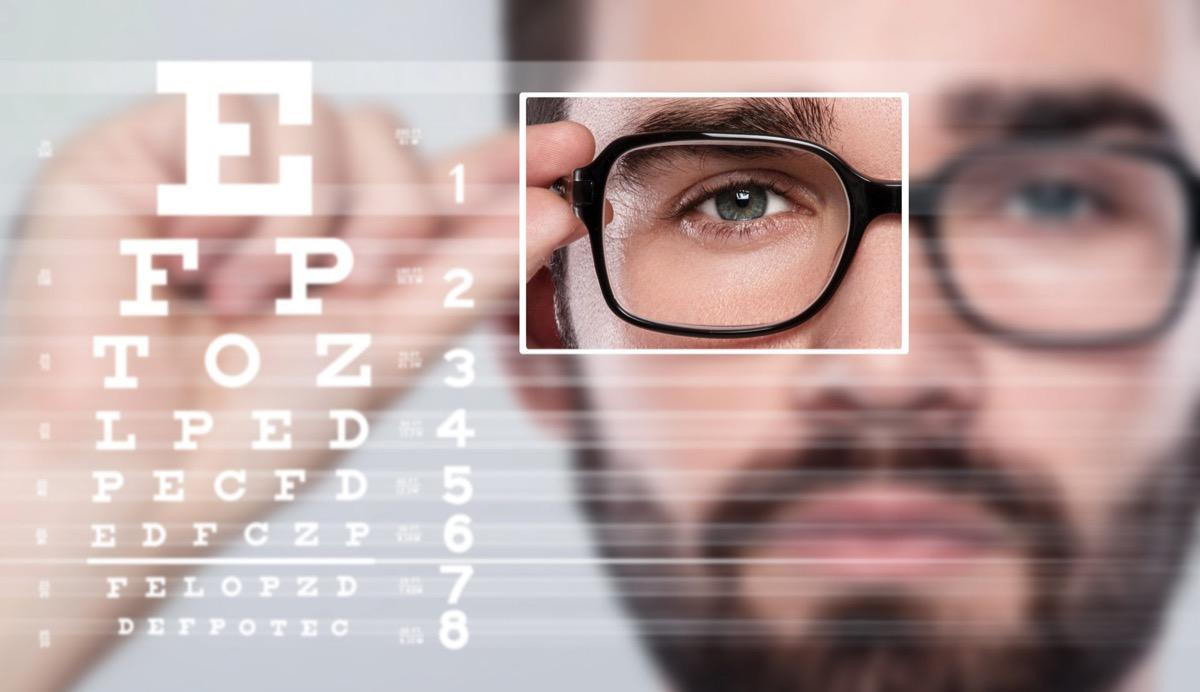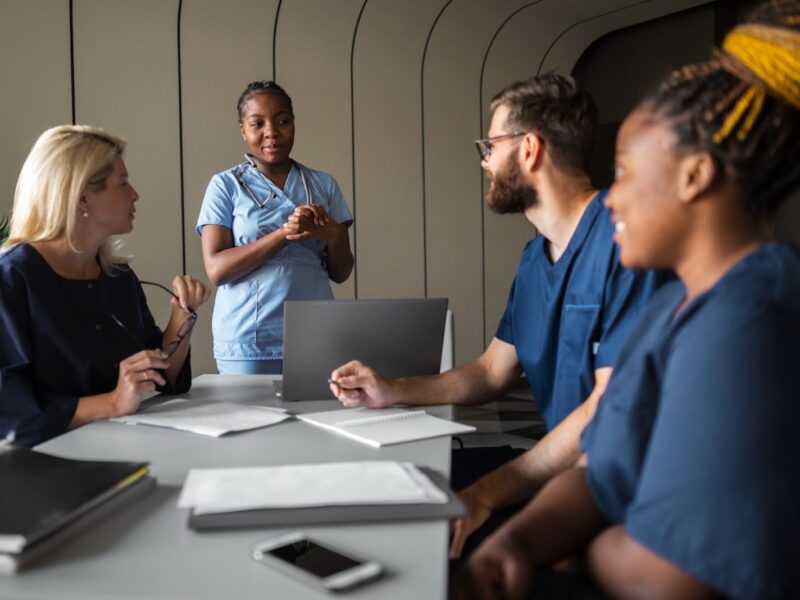Vision is a vital part of our lives – it’s how we see the world and work and play. But when caring for our vision and eye health, many of us don’t take the necessary steps to keep our eyes healthy. This blog post will explore why vision and eye health are so important and what steps you need to take to keep your eyes healthy. We’ll discuss why regular check-ups are essential, how nutrition plays a vital role in eye health, and even how specific lifestyle choices can benefit your overall eye health.
What is the vision?
Vision is one of the most important senses that we have. It allows us to see the world and interact with our surroundings. Without vision, we would be unable to do many things we take for granted, such as reading, driving, or watching television.
There are two main types of vision: central vision and peripheral vision. Central vision is the type of vision we use for activities such as reading and driving. It is the sharpest type of vision and allows us to see objects in fine detail. Peripheral vision is the type of vision we use to see objects not directly in front of us. This type of vision is not as sharp as a central vision, but it is still essential because it allows us to be aware of our surroundings and avoid obstacles.
Many different eye conditions can cause problems with our vision. Some of these conditions, such as nearsightedness or farsightedness, can be corrected with glasses or contact lenses. Other conditions, such as glaucoma or cataracts, can lead to permanent vision loss if they are not appropriately treated.
The different types of vision
There are different types of vision, which are essential for different tasks. Near vision, or seeing things close up, is essential for reading, writing, and other close-up work. Far vision, or the ability to see things at a distance, is essential for driving, watching television, and other activities that require seeing objects at a distance. Peripheral vision, or the ability to see things out of the corner of your eye, is essential for safety when walking and driving. Depth perception, or the ability to see three-dimensional objects, is essential for many activities, such as catching a ball or threading a needle.
How does vision work?
Assuming you have no vision problems, here’s a quick overview of how vision works. Light hits your eye through the cornea (the clear front part of your eye). The cornea bends the light and sends it through the pupil (the black dot in the center of your eye). The pupil gets bigger or smaller to control how much light comes into your eye.
Then, the light passes through the lens. The lens helps focus the light on the retina (the back part of your eye), which is covered in cells that are sensitive to light. The retina converts the light into electrical impulses. These electrical impulses travel through your optic nerve to your brain, and then your brain turns them into images.
The importance of vision
There are many reasons why vision is important. Vision is one of our five senses and is essential for everyday life. We rely on our vision to perform a reading, writing and driving tasks. Additionally, vision helps us to stay safe by allowing us to see potential hazards.
Good vision also plays a vital role in our overall health and well-being. Poor vision can lead to accidents and injuries and contribute to mental health problems such as anxiety and depression. Research has shown that people with poor vision are more likely to experience social isolation and loneliness.
So, as you can see, many good reasons exist to take care of your eyesight and protect your vision. If you have any concerns about your vision, see an eye doctor for a comprehensive eye exam.
Tips for improving your vision
You can do many things to keep your vision sharp and reduce your risk of eye disease. Here are some tips:
-Have regular comprehensive eye exams. This is especially important as you get older.
-Wear sunglasses or protective eyewear when outdoors. Ultraviolet light can damage your eyes over time.
-Quit smoking. Smoking increases your risk of developing cataracts, macular degeneration, and other problems.
-Eat a healthy diet that includes plenty of fruits and vegetables. Vitamin C, vitamin E, lutein, and other nutrients are essential for eye health.
-Exercise regularly. Keeping your body fit can help reduce your risk of developing diabetes, leading to diabetic retinopathy—a severe problem that can cause blindness.
When to see an eye doctor
If you experience any changes in your vision, you must see an eye doctor as soon as possible. This is especially true if you experience sudden or severe changes in vision, such as loss of vision in one eye, double vision, or blind spots. Other signs that you should see an eye doctor include:
- Eye pain
- Redness in the eyes
- Sensitivity to light
- Blurry vision
- Seeing “floaters”
If you wear contact lenses, you should also see an eye doctor if you experience discomfort or if your lenses start to feel less comfortable.
How To Choose The Right Dental Malpractice Attorney?
Conclusion
In conclusion, vision and eye health are vital to maintaining because they are essential to our daily lives. Our eyes allow us to take in the world, appreciate its beauty, and make informed decisions. Therefore taking care of your vision is vital for preserving your overall health. From eating healthy foods rich in vitamins A and C, getting enough sleep, and having regular check-ups with an optometrist or ophthalmologist – all these steps will help ensure that you keep your vision sharp for years to come!



